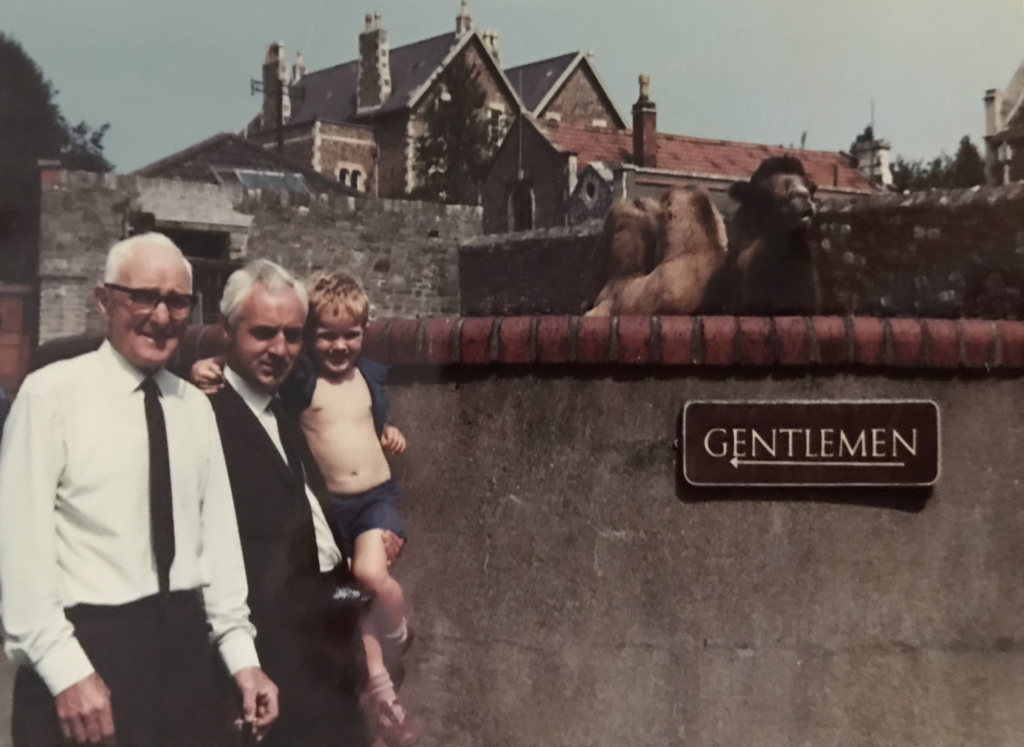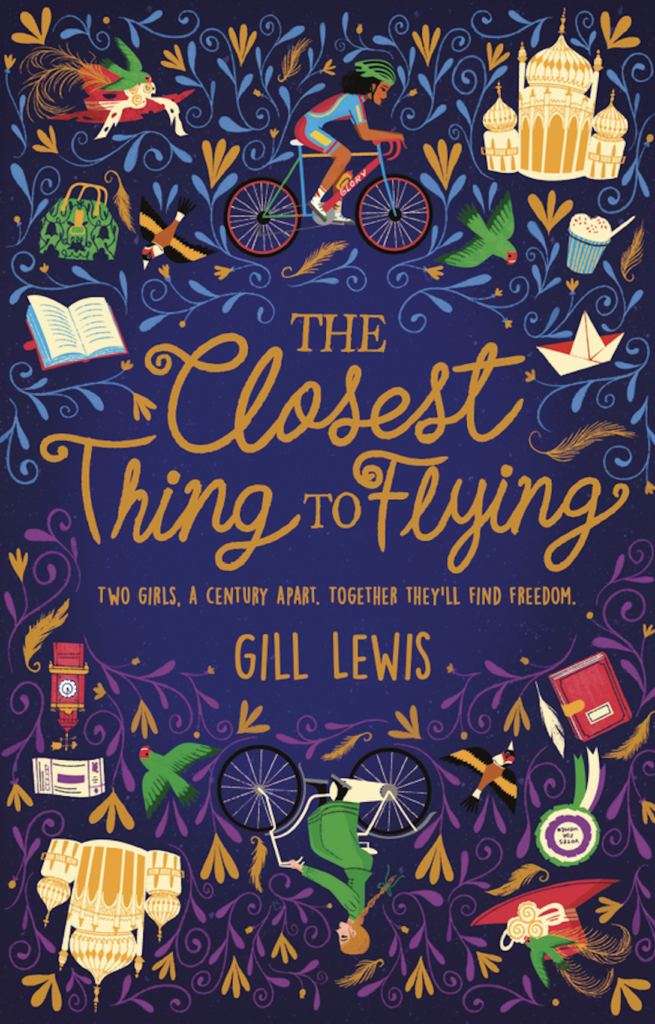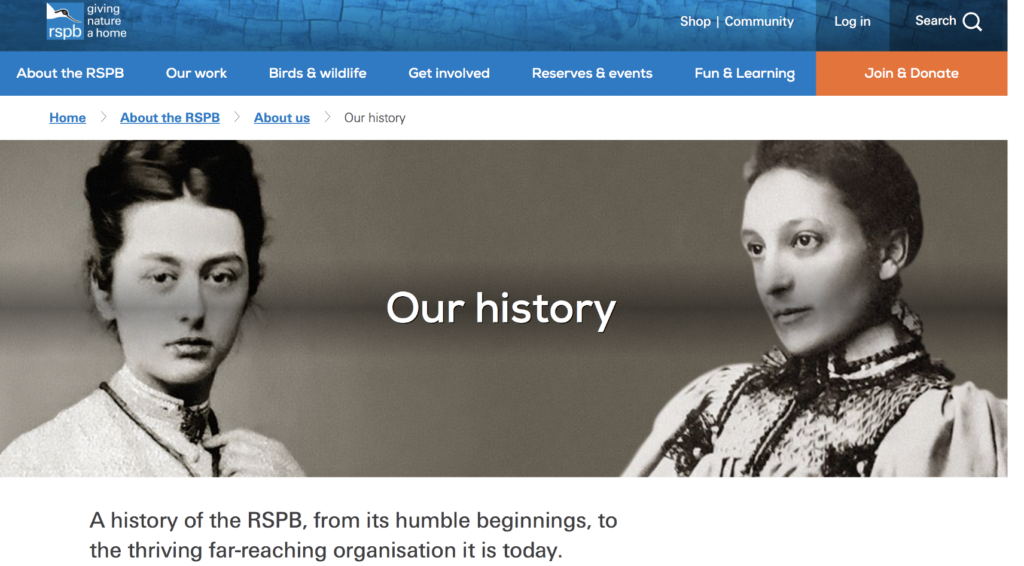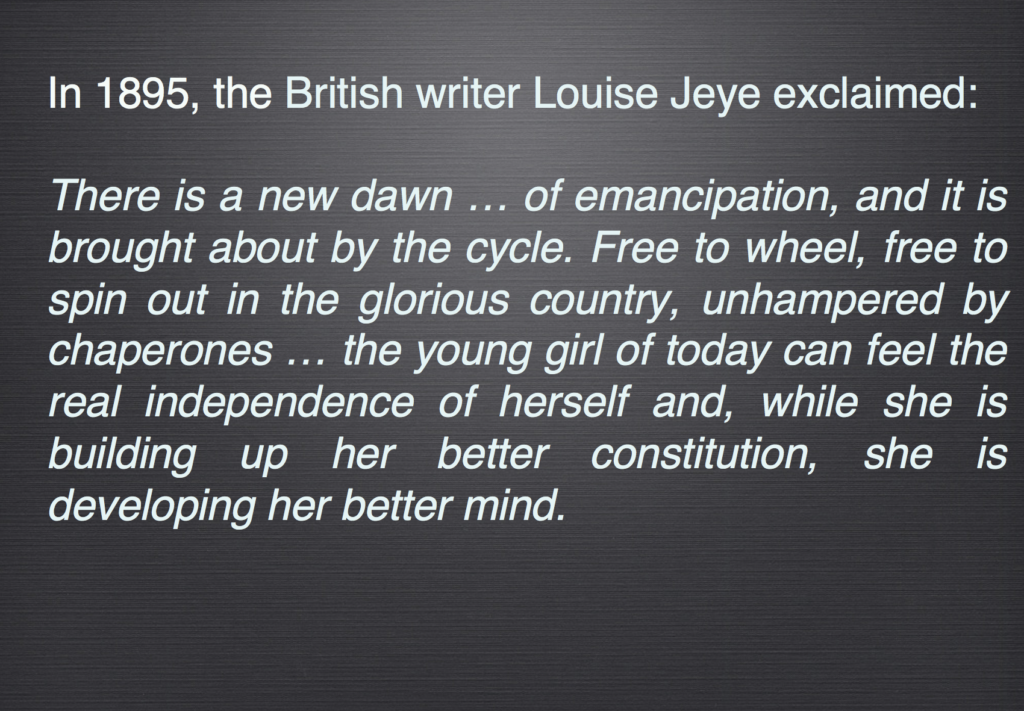
Hooray! The Closest Thing to Flying is joining some totally fab books on the Little Rebels Award shortlist.
The Little Rebels Award is utterly brilliant because celebrates children’s fiction which challenges stereotypes, promotes social and environmental justice and advocates for a fairer and more peaceful world.
We need these books now more than ever, and so I feel really proud to have appeared on the award list a few times!
Moon Bear was shortlisted in 2014, Scarlet Ibis won in 2015, Gorilla Dawn was shortlisted in 2016, Sky Dancer was shortlisted in 2018 and The Closest Thing to Flying is shortlisted for 2020 – with the winner announced on Thursday October 22nd at 7pm.
Please do join if you can here . It will ge a great evening event but you will have to register free at eventbrite
A huge thanks to the organisers and the judges for celebrating books that can change hearts and minds. I’ll ‘see’ you at the event on Thursday.

So, here’s a little bit about how The Closest Thing to Flying came to be written:
I’ve been lucky.
I’ve been surrounded by woke men and women all my life.
Woke – often used as a disparaging term by people of right-wing leanings to describe other people (often younger than they are) for standing up for equality for all.
Well, I thank those woke women over a hundred years ago for fighting for women’s votes.
I thank those woke men and women who gave their lives in world wars so that we could be free from tyranny of fascism.
When I asked pupils in a big school assembly to put their hands up if they were feminists, nearly all the boys put up their hands – good on them – great to see a woke generation in a world falling asleep to environmental and social justice.
I remember being surprised and confused when I encountered sexism as a child. Some was blatant sexism, but most was inherent society expectations and subconscious bias. I remember going to my first Young Ornithology Club Meeting. I was the only girl, keen and desperate to see the birds on the lake and find out what they were. The ornithologists (all men) swept up my brother and other boys to show them the birds and I remember another saying to me, ‘I expect this is a bit boring for you.’ I remember feeling that I didn’t fit in that world. No one was rude to me; they just held the expectations that I wouldn’t be interested in birds, being a girl. The male ornithologists were totally unaware of the effects of their actions. I felt outside, looking in. Not welcome.
I never went back.
And I grew up to see sexism endemic everywhere. Through history and throughout the world now.
The Closest Thing to Flying was inspired by an article that revealed that the founders of the RSPB were women. Hooray! I thought….I bet there were some feisty women there fighting for birds and for women too. Well I was surprised to discover these women were passionate about stopping the feather trade that plundered the natural world, but these women were actively anti suffrage. They didn’t agree that women should have the vote. It didn’t make sense to me. And so I wanted to write a story exploring women’s views in the early days of the suffrage movement, why some women wanted the vote, and why others were so entrenched in expectations of society.

The research led me on to discover that bicycles changed the world for women – made them independent – changed the clothes they wore – allowed them out without a chaperone. There were many men who tried to stop them – said they’d become infertile or be rampant nymphomaniacs if they rode a bike. They said women would develop the non-reversible terrible medical condition called Bicycle Face. But fortunately for women at the time, bicycles came and changed their world.

I was also fascinated by the fashion in the feather trade that the founders of the RSPB were trying to stop. Millions and millions of dead birds were shipped to London to be sold for the feather trade – wearing a dead bird on your head was the height of Victorian fashion.
The research made me wonder how much has changed for birds since then – we don’t have the plumage trade (though we do have a multibillion-dollar illegal wildlife trade), but habitat loss is a primary driver of population decreases now.
It also made me wonder how much has changed for women both in the UK and across the world over the past 100 + years.
I wondered how I could connect the two eras, and the answer came to me in a hat, a Victorian hat.
I envisioned a girl tearing up a hat with her hands and teeth, furious at the world. I didn’t know why – but had to find out – and that very hat would be found by a modern girl, suffering in a parallel, very different, yet similar world. The hat would connect them.
So the Victorian girl, Hen, became a girl who sits in the very first meeting of the Society for the Protection of Birds, where her eyes are opened to a new world through her feisty aunt. And in the modern world, an Eritrean girl called Semira finds the hat and Hen’s diary. Bicycles have a significance in Semira’s world too.
Their worlds collide.
It is a story about feminism.
It is a story about women fighting for equality.
It is story about how some men and women want to silence those voices, scared that equality will take away their own freedoms and power – as we are seeing in the world today when people use ‘woke’ as an insult.
And it’s also story about good men; good men who know that equality will bring about a more peaceful, better world for all.